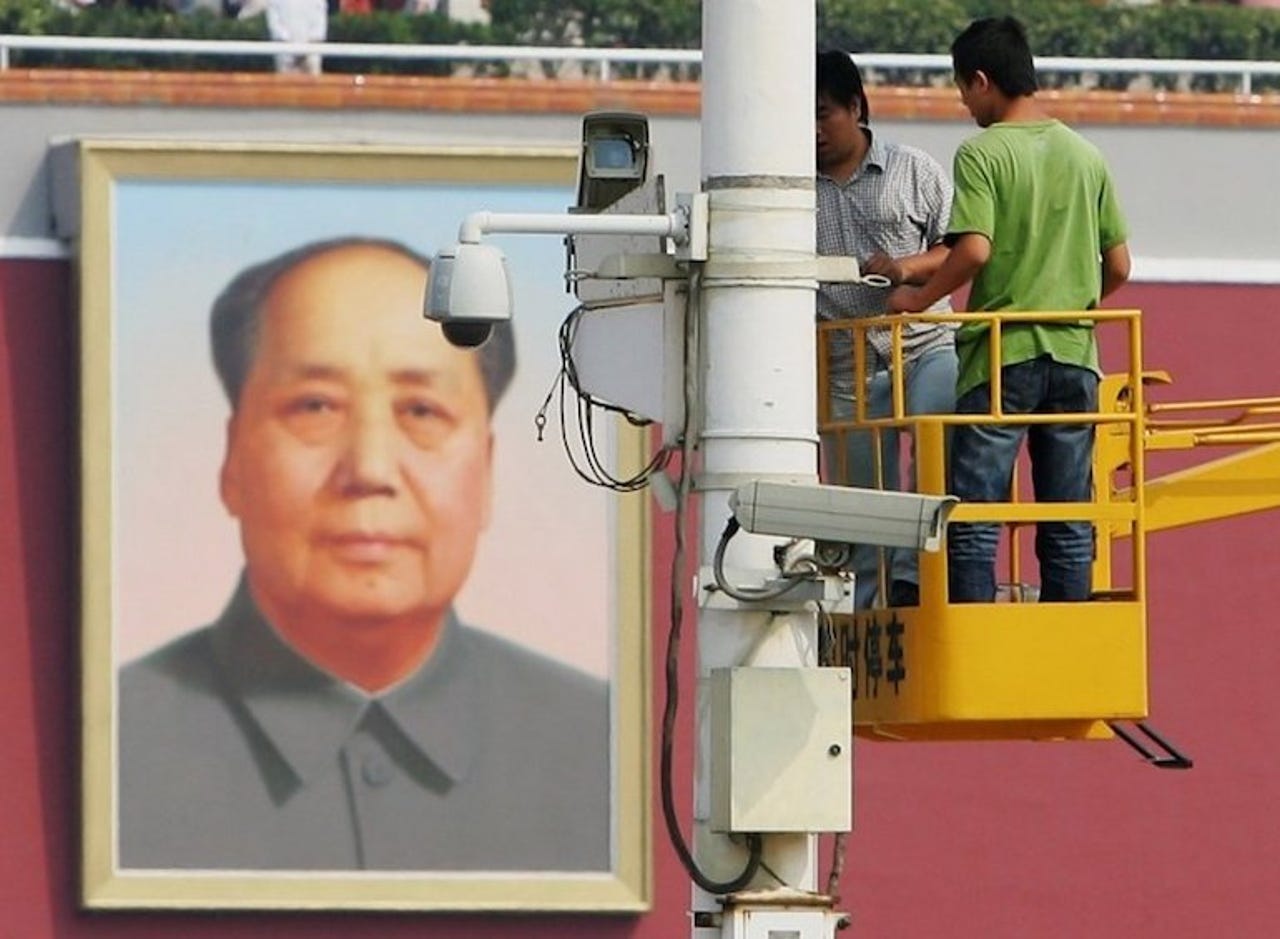Over 70% of Chinese citizens worry about data leaks through facial recognition


Scanning faces for identity checks has become the norm in China, with the technology being used in some universities for student check-ins as well as in shopping malls to track the routes taken by consumers. In some advanced public toilets, facial recognition is even being used to ensure people do not take too many tissues so as to monitor acts of resource abuse.
But coinciding with facial recognition's fast penetration into China has been growing concern about the new technology. According to a recent survey of 6,100 Chinese citizens, 79% of respondents said they are worried about facial recognition data leaks, while 39% said they prefer "traditional ways" of doing things over using facial recognition technology.
At the same time, about 40% of respondents said they have no idea how their facial data has been stored and an overwhelmingly 83% people hope operators will provide a feasible channel for them to check and delete their facial data, the research report on China's facial recognition development said.
The lack of transparency around how facial data is protected in China draws a sharp contrast to its massive deployment in the country, as many facial recognition devices do not even provide privacy policies or user agreements, resulting in a lack of consent from consumers.
In many scenarios, cameras can start to collect the facial data of people once they enter its scope, with most people not even being aware they are being filmed. The facial recognition devices may also fail to explain issues such as how the facial data is stored and whether it can be deleted, according to the report's findings.
See also: Facial recognition - Convenient or creepy?
As more than a half of the people surveyed said they have not, or are not aware of whether they have signed privacy clauses with facial recognition service providers, it is difficult for users to demand reasonable relief measures on occasions where facial data is leaked, the report added.
In October, a university professor from China's Zhejiang province sued a local zoo that demands all entrants to check-in through facial recognition. Previously, the zoo used fingerprint recognition as its method for checking in entrants.
The case, pending a result, is said to be the first legal proceeding in China on facial recognition deployment, and has drawn huge debate from the public.
While many people believe the protection of facial data is a crucial issue in facial recognition deployment, others, including the zoo, have said the professor has overstated the value of facial data as fingerprints, phone numbers, and ID information are also private data but people are more willing to hand them over for registration.
The recent survey also found 41% of respondents were willing to use facial recognition technology, while more than 39% were reluctant to use it.
About 74% of respondents said Chinese citizens should be given the choice to decide whether to use facial recognition or a traditional identity check, instead of leaving a single solution without other choices, said the survey.
Related Coverage
Chinese company leaves Muslim-tracking facial recognition database exposed online
Researcher finds one of the databases used to track Uyghur Muslim population in Xinjiang.
Commuters to pay for train fare with their face in China: Report
The South China Morning Post has reported that the Shenzhen Metro is currently trialling the use of payment via facial recognition technology.
Facial recognition could be most invasive policing technology ever, warns watchdog
UK's Information Commissioner's Office challenges the interpretation of a court ruling that gave the green light for using facial recognition on the public.
China uses biometrics and digital scanning 'data doors' to track Muslim minority
Gate-like checkpoints are being used to record biometrics and device digital fingerprints for Xinjiang residents.
Business travelers in China may soon check in to their hotels with facial recognition
Marriott International will be trialing the biometric feature at two Chinese hotels, possible expanding it globally.